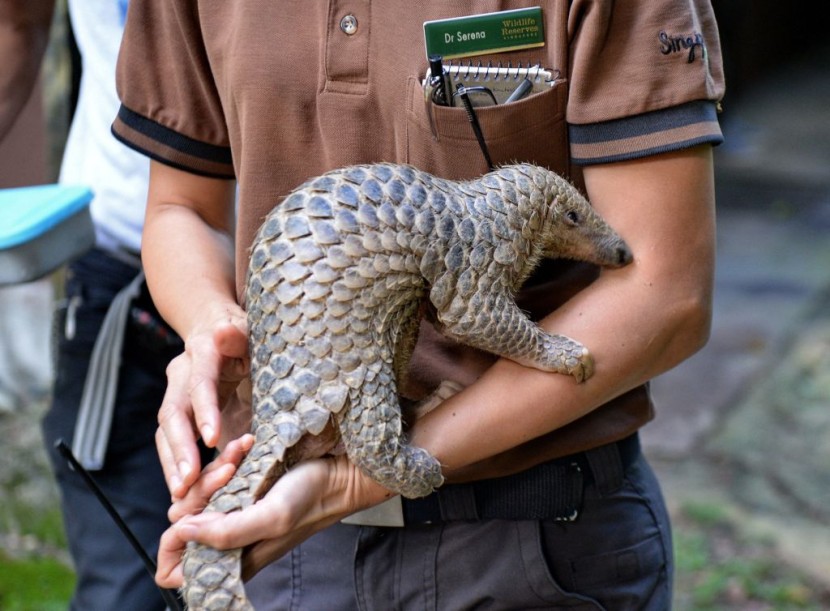A study by an environmental protection organization found that three major Chinese pharmaceutical businesses, all of which are funded by global banks, were utilizing parts of endangered animals in their products.
Unlawful Use of Leopard, Pangolin Parts in Medication

On Monday, October 203, the Environmental Investigation Agency UK (EIA) released a report claiming that 72 businesses authorized by China's medicines authority had been using endangered leopard and pangolin body parts in their medicines.
The list includes Beijing Tong Ren Tang, Tianjin Pharmaceutical, and Jilin Aodong Medicine -- three of the largest traditional Chinese medicine (TCM) companies in the nation.
The EIA claimed to have discovered at least nine goods made by these companies labeled as containing leopard and/or pangolin. Moreover, despite China not permitting the use of tiger bone or rhino horn in medicine, the group claims that some of the firms it has identified sell goods that include such ingredients.
Avinash Basker, an EIA legal and policy expert, said in a statement, "This is use on an effectively industrial scale which can only push these species ever closer to extinction."
The Traditional Chinese Medicine
Tong Ren Tang, Tianjin Pharmaceutical, and Jilin Aodong are three of the most well-known brands in China's pharmaceutical market. Their products have had phenomenal success in the country.
Tong Ren Tang, for instance, is a legendary Chinese company that has been there since it began in 1669. It claims to have served as the exclusive supplier of TCM to the royal family "for 188 years over the reign of eight emperors," and it is now the biggest manufacturer of TCM in the world, as reported by CNN.
According to the research, they have a substantial worldwide presence as well. Sixty-two banks and financial institutions, including Fortune 500 corporations worldwide, are investors. Among the identified stockholders were Citigroup and HSBC.
Now, the EIA is pressuring the investors of the companies on the list to sell their shares.
"It's particularly disappointing to see so many major banks and financial institutions effectively endorsing this damaging exploitation, especially as so many have pledged to do otherwise," Basker stated.
Animal rights activists claim that the multimillion-dollar traditional Chinese medicine business uses powdered leopard bones in adhesive bandages and pills as a cheaper alternative to more costly tiger bone, both of which are used to cure arthritis and other joint diseases. Meanwhile, some think using pangolin scales may help with blood circulation, promote human lactation, and treat rheumatism.
China is among the several countries that have strengthened its legislative safeguards for endangered species in recent years.
Recognizing the disastrous consequences of resource exhaustion on the pangolin, the Chinese government withdrew pangolin scales from the list of permitted components for TCM in 2020. But even though environmentalists applauded the decision then, they doubted it would completely eliminate illicit trade.








